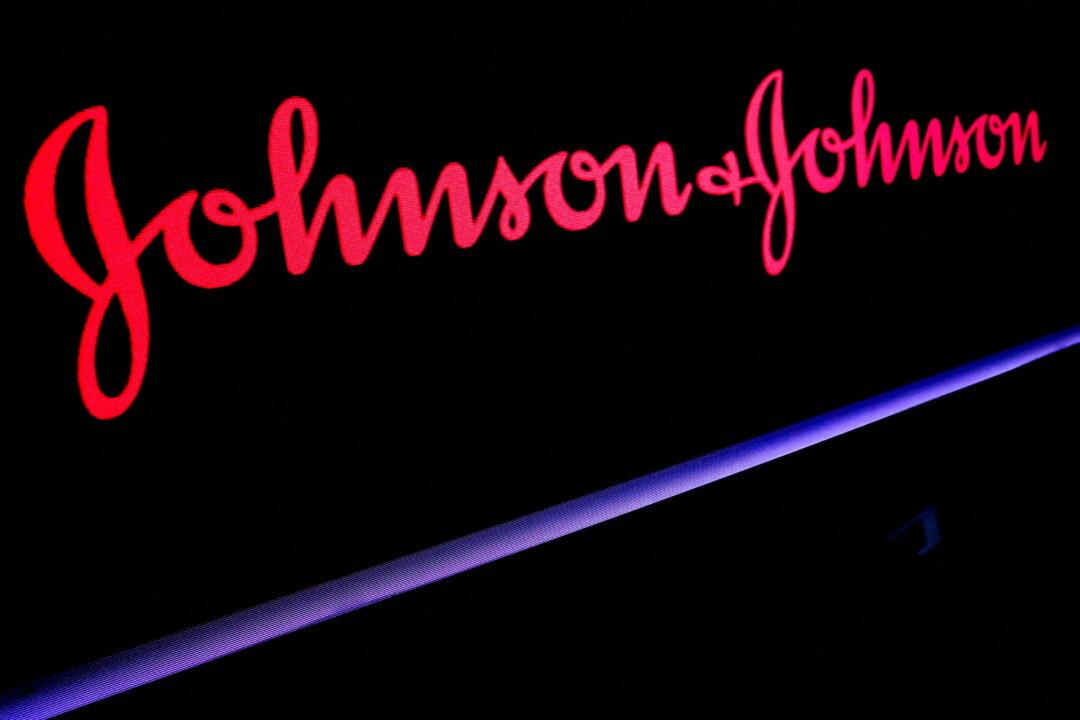Johnson & Johnson on Tuesday posted better than expected third-quarter earnings on strong demand for its cancer drug Darzalex, but said it may still cut some jobs as it contends with inflationary pressure and challenges created by the strong dollar.
J&J Chief Financial Officer Joseph Wolk said the U.S. healthcare conglomerate is looking at “right sizing” itself, particularly as it moves from being a three-segment business to a two segment business through the spinoff of its consumer unit.





